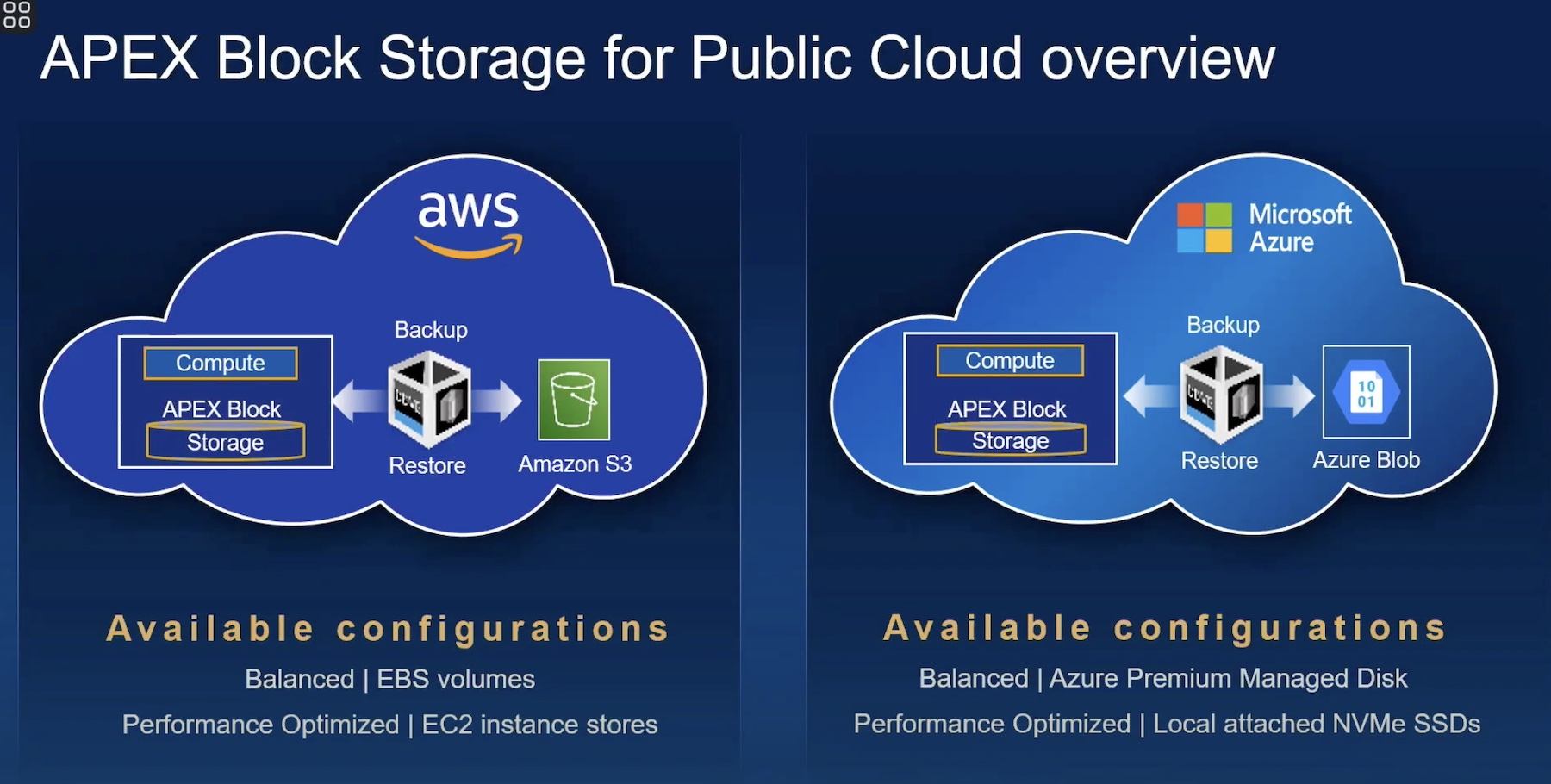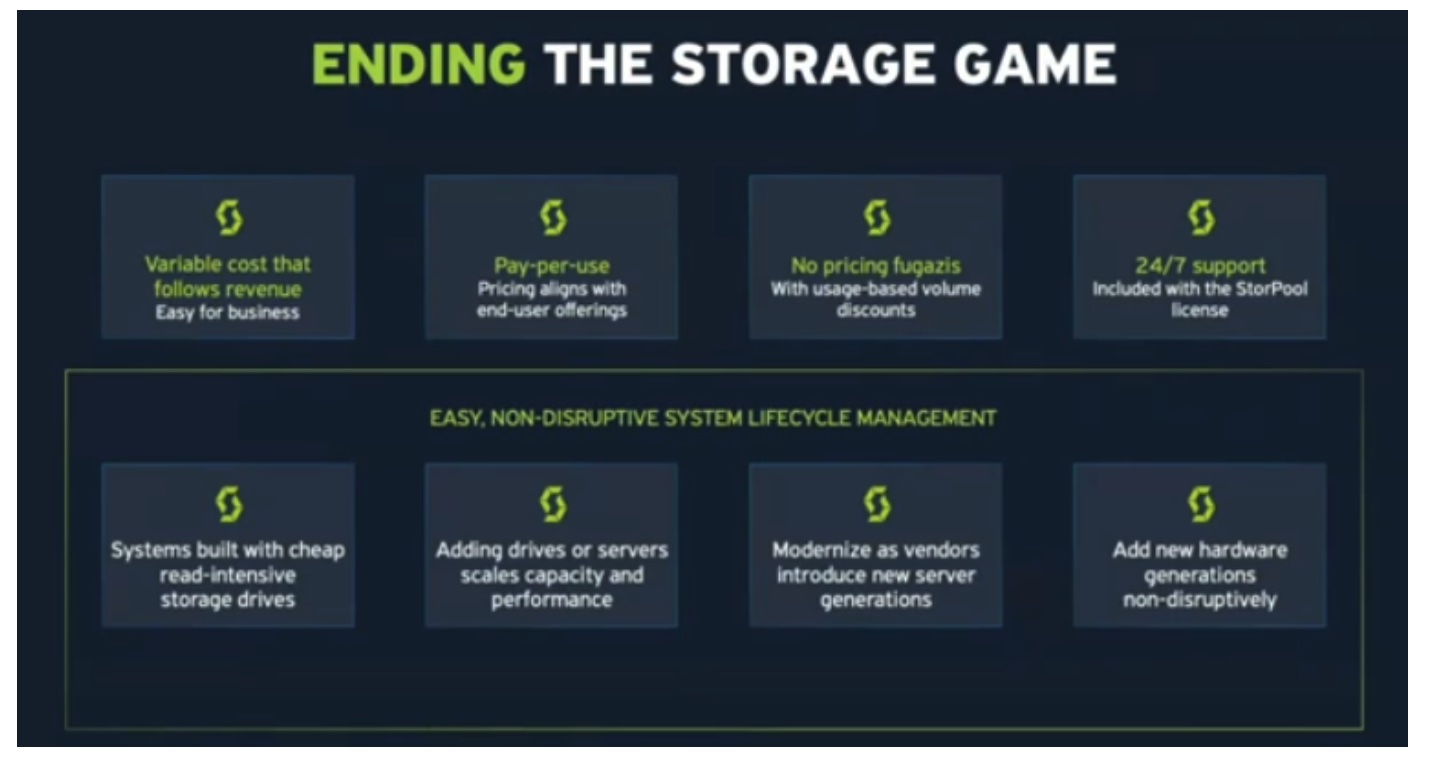Imagine if every time you wanted to drive somewhere, you had to choose a specifically crafted vehicle for the journey. Let’s say you’re running to the store on slow city streets, you’d take a low-power vehicle that caps out at 25 miles per hour. It’s more fuel efficient, and you really don’t need the speed. But for using the highway, you had to use a completely different vehicle, one that can go as fast as you want, but cost dramatically more for for fuel and maintenance. When applied to their specialized tasks, both work pretty well, but if something unexpected comes up, they either become grossly inefficient, or impractically slow.
That’s the cloud storage market that Wasabi is trying to disrupt.
The Storage Hotness
They’re positioning themselves as the cloud storage that works for all existing use cases. It’s cost-effective pricing is competitive with Amazon Glacier, while being faster than S3.
For a startup out of the blue, those are some pretty bold claims. Seeing the founding team, they seem to have the pedigree to deliver. Jeff Flowers and David Friend started the company, coming directly out of the company they previously founded, Carbonite. At first, I thought this might be a pivot and rebranding of their existing cloud backup business. Make no mistake, this is an entirely new venture. They’re bringing to Wasabi everything they learned from Carbonite, but it’s a clean slate technologically.
So what are the raw numbers to back this up? Wasabi claims to offer hot storage (get it) at 20% of the price and six times the speed of S3, all while delivering eleven nines of durability.
On pricing, they’re undercutting S3 substantially on GBs per month at $0.0039. Add to this there are no other charges outside of egress, and you can see how they’re able to get close to that figure. On the speed front, I haven’t seen a lot of technical details. I’m told their storage is running on commodity hardware, with a lot of custom low level code to really push performance. Quite honestly, they could tell me it’s because of magic elves. As long as it’s as blazing fast as they claim, I could care less. (Magic Elves as a Service, or MEaaS © Rich Stroffolino 2017)
Use Your Bucket
Fast and cheap is generally a pretty good differentiator. But Wasabi has another interesting feature at launch that stands out from S3 and its bevy of would-be usurpers. They offer immutable buckets on all of their cloud storage. This is where their corporate lineage from Carbonite shines through. The problem most organizations have with cloud storage isn’t necessarily reliability of the service (recent S3 outages not withstanding), but rather the fallibility of the humans interacting with it. To that end, an immutable bucket makes anything in its domain indestructible. It can’t be accidentally deleted, sabotaged, or subject to ransomware.
On top of this, you can set retention and delete policies on the bucket. This allows users to set it as immutable for a period of time, then either automatically delete it, or make it generally available. I got the impression that they were working on making the policy settings much more robust, but it’s still pretty powerful at launch. I could see this being really useful for compliance purposes, where you’re obligated to keep records for very specific windows.
Amazon would like you to think that S3 represents the commodification of cloud storage. But Wasabi think it’s still a stratified offering. By combining low cost, dramatically faster speeds, and novel protection features, they’re positioning it as the do-everything storage. I’m excited to see it in use in the wild, and what companies can build with cheap, scalable, high performance storage.




